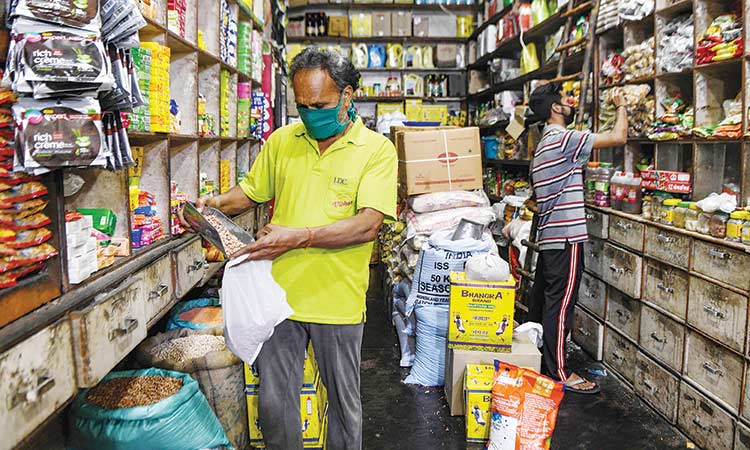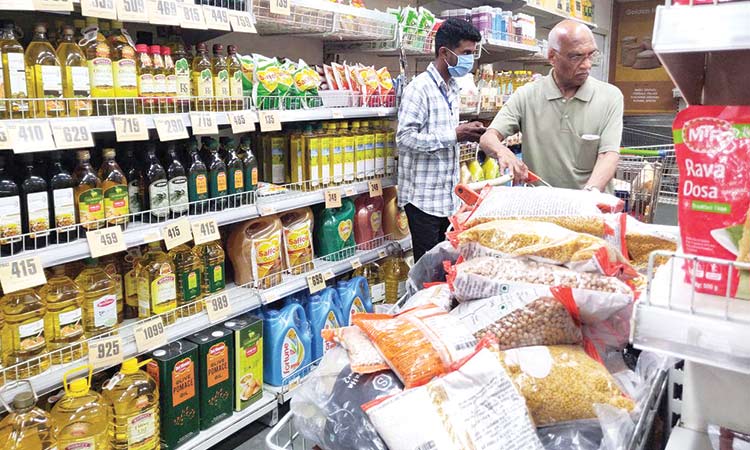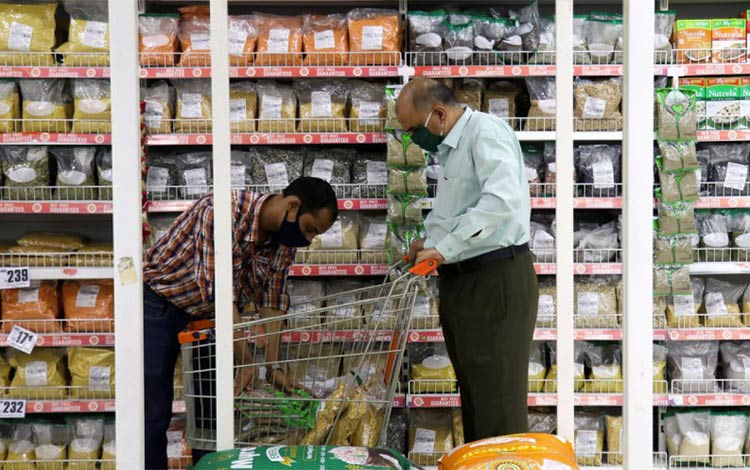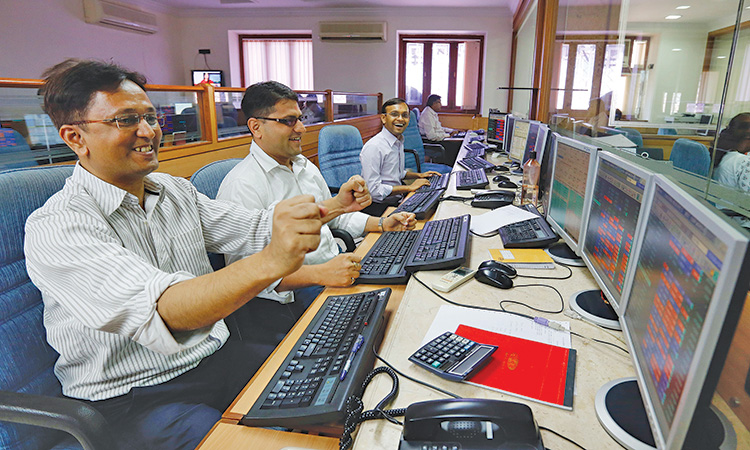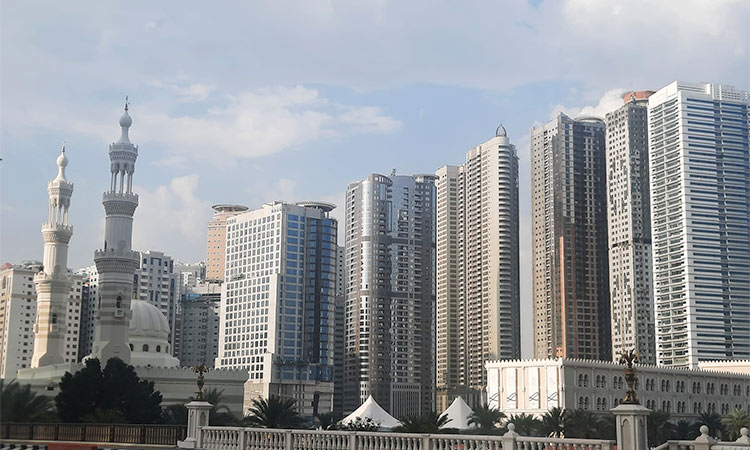Indian consumer demand falls for first time in decades: Report
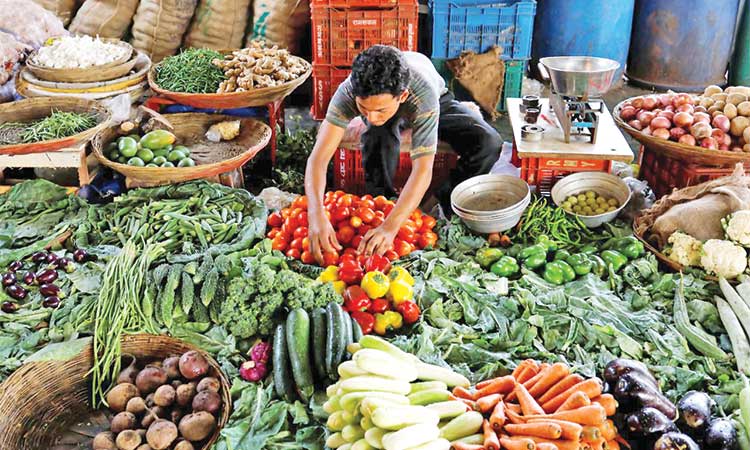
A vendor sorts tomatoes as he waits for customers at a vegetable market in Mumbai. Reuters
Consumer demand in India’s villages fell 8.8 per cent between July 2017 and June 2018, compared with 2011-12, the Business Standard reported, using unpublished National Statistical Office (NSO) data.
Two-thirds of India’s 1.3 billion population lives in rural areas, making it a key economic driver. But spending on food, education and clothing declined, with demand for essential items such as cereals plunging 20 per cent, the newspaper stated.
Although urban consumption rose by two per cent, overall per capita monthly spending in the country slipped 3.7 per cent − the first time it has fallen since 1972-73, the business daily said.
The report should have been released in June, but was pushed back because of its “adverse” findings, the Business Standard said, citing sources familiar with the matter.
A government official told AFP the report was not finished.
“The NSO report is still under processing and not validated, and many officials are not privy to the data,” said A.K. Mishra of the ministry of statistics.
The data “can only be confirmed once the ministry publishes the report”, Mishra said.
If the findings are confirmed, it would ring yet another alarm bell over Asia’s third-largest economy, which has endured five consecutive quarters of slowing growth.
In January, the Business Standard reported that unemployment had surged to a four-decade high during Modi’s first term in power, citing unpublished government data.
The delay in releasing the jobs report prompted a top Indian government statistician to quit in protest.
The report confirming the jobless data was finally released in May, after Modi was re-elected with a thumping majority, defeating challenger Rahul Gandhi.
On Friday, Gandhi hit out at the government’s alleged attempt to bury unflattering data, tweeting: “Modinomics stinks so bad, the Govt has to hide its own reports.” To counter the fall in demand for everything from cars to cookies, India’s central bank has trimmed interest rates five times in a row, but to little effect.
Experts say India’s economy has never recovered from Modi’s surprise cash ban in 2016, which made 86 per cent of the currency in circulation void. Many small businesses shut up shop and hundreds of thousands lost their jobs.
The rollout of a nationwide Goods and Services Tax (GST) in July 2017 worsened the situation as businesses struggled to adjust to the new rules.
In October, market researcher Nielsen said Indian rural consumption had slumped to a seven-year low, highlighting falling income for farmers who are struggling with mounting debt.
Meanwhile, Indian telecom stocks rose on Friday amid hopes that the government would step in to help the ailing sector, a day after two top mobile carriers warned their ability to operate and make profits would depend on relief from the country.
On a conference call with analysts, Vodafone Idea Ltd Chief Executive Officer Ravinder Takkar said he saw no conflict in the government’s ability to provide relief to telecoms companies, sending shares up 20% in afternoon trade.
“Given the stress on the sector, it gives the government additional ability to act in the interest of the overall economy,” he added.
The S&P BSE Telecom index jumped as much as 8.6%, with shares of Vodafone rival Bharti Airtel Ltd rising over 8%.
The Supreme Court last month upheld a demand by the telecoms ministry that wireless carriers pay 920 billion rupees ($12.89 billion) in overdue levies and interest within months.
As two of the country’s top three carriers, Vodafone Idea and Bharti Airtel will have to pay a bulk of that money.
“Vodafone closing will be a big negative for international investors at a time when the government is trying to attract more foreign investment,” said Asutosh Mishra, head of research of institutional equities at Ashika Stock Broking.
“The government will have to provide some relief, and stocks are gaining on these expectations.” CNBC-TV18, citing sources, said.
The Department of Telecommunications (DoT) was going to begin consultation on “floor prices” for phone calls and data usage, as well as to make suggestions on the quantum of minimum charges to be set.
Agencies
